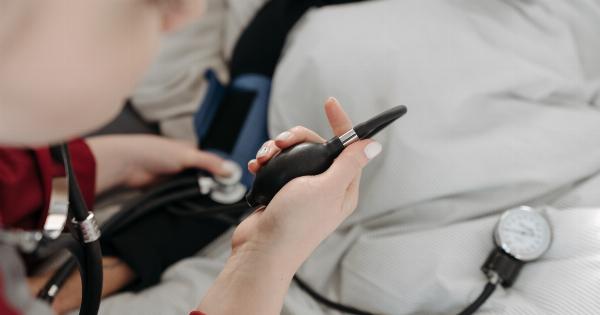Headaches and insomnia are common health problems that often go hand in hand. Studies have shown that people who suffer from headaches are more likely to experience insomnia, and vice versa.
In fact, the link between these two conditions is so strong that many experts consider them to be bidirectional in nature. This means that they can both cause and exacerbate each other, creating a vicious cycle that can be very difficult to break.
Types of Headaches
Before we dive deeper into the relationship between headaches and insomnia, it’s important to understand the different types of headaches that exist. There are several types of headaches, including:.
- Tension headaches
- Migraine headaches
- Cluster headaches
- Sinus headaches
- Rebound headaches
Symptoms of Headaches
The symptoms of headaches can vary depending on the type of headache you’re experiencing. Some of the most common symptoms of headaches include:.
- Pain in the head or neck
- Sensitivity to light or sound
- Nausea or vomiting
- Dizziness or lightheadedness
- Fatigue
- Irritability or mood changes
Types of Insomnia
Like headaches, there are also several types of insomnia. These include:.
- Acute insomnia
- Chronic insomnia
- Comorbid insomnia
- Onset insomnia
- Maintenance insomnia
Symptoms of Insomnia
The symptoms of insomnia can also vary depending on the type of insomnia you’re experiencing. Some of the most common symptoms of insomnia include:.
- Difficulty falling asleep
- Waking up too early
- Waking up frequently during the night
- Feeling tired or groggy during the day
- Irritability or mood changes
- Difficulty concentrating or focusing
The Relationship Between Headaches and Insomnia
The relationship between headaches and insomnia is complex, but there are several factors that contribute to it. One of the main factors is stress.
When you’re stressed, your body releases hormones that can cause tension in your muscles and make it harder to sleep. This tension can also lead to headaches or make existing headaches worse.
Another factor is caffeine. Many people consume caffeine to help wake them up in the morning or keep them alert during the day. However, consuming too much caffeine can also make it harder to sleep at night and lead to headaches.
Finally, there’s also a genetic component to both headaches and insomnia. Studies have suggested that certain genes may play a role in both conditions, which could explain why they often occur together.
Treatment Options
If you’re suffering from headaches and insomnia, there are several treatment options available to you. Some of these include:.
- Medications: There are several medications available to help treat both headaches and insomnia. Some common medications include pain relievers, antidepressants, and sleeping pills.
- Lifestyle changes: Making changes to your diet, exercise routine, or sleeping habits can also help alleviate headaches and insomnia.
- Cognitive behavioral therapy: This type of therapy can help you identify and address the negative thought patterns and behaviors that can contribute to headaches and insomnia.
Conclusion
Headaches and insomnia are two common health problems that often occur together. The bidirectional relationship between these conditions means that they can both cause and exacerbate each other, creating a vicious cycle that can be difficult to break.
However, with the right treatment approach, it is possible to alleviate symptoms and improve overall quality of life.



























